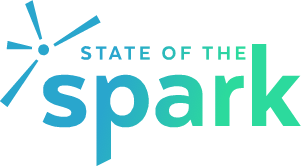The concept of having a major definite purpose is one that I first learned about from Bob Proctor, whose teachings I greatly admire. In his early 2000s work, particularly the audio “The Power to Have It All”, Proctor introduces the idea of having a clear, definite goal in life. I have listened to this audio a thousand times, and it has indeed had a substantial impact on my journey and perspective on things.
But what is a major definite purpose? Well, in simple terms, it is a clear, identifiable goal. But here’s the catch – the problem with definite purpose is that it is definite. On one side, it becomes crucial when it comes to setting goals because you need finite parameters. Without these boundaries, it becomes harder to pursue and accomplish the objectives as there is no clear direction. The certainty here brings the clarity and focus you need to achieve the goals, making this aspect of defining your purpose greatly empowering.
However, on the flip side, the definiteness could turn problematic. This problem also manifests in the concept of SMART goals, which are Specific, Measurable, Attainable, Relevant, and Time-bound. Being specific empowers you, yes, and allows you to narrow down your efforts and resources towards achieving your goal. But there is another side of the coin – what happens after you’ve achieved these definitively set goals? What happens when that sense of purpose is satiated and chaos, or worse, a sense of malaise, seeps into your focus? This could leave one feeling adrift, without a sense of direction, and that can be a crippling dilemma for many. It’s a balancing act and never-ending cycle of setting, pursuing, and then fulfilling each clear-cut goal we set for ourselves.
I am Grant Sparks, an entrepreneur coach. I help ambitious creators achieve big goals! We help others spark vision, ignite success, explode significance, and radiate purpose by offerings tools and training entrepreneurs need.






0 Comments